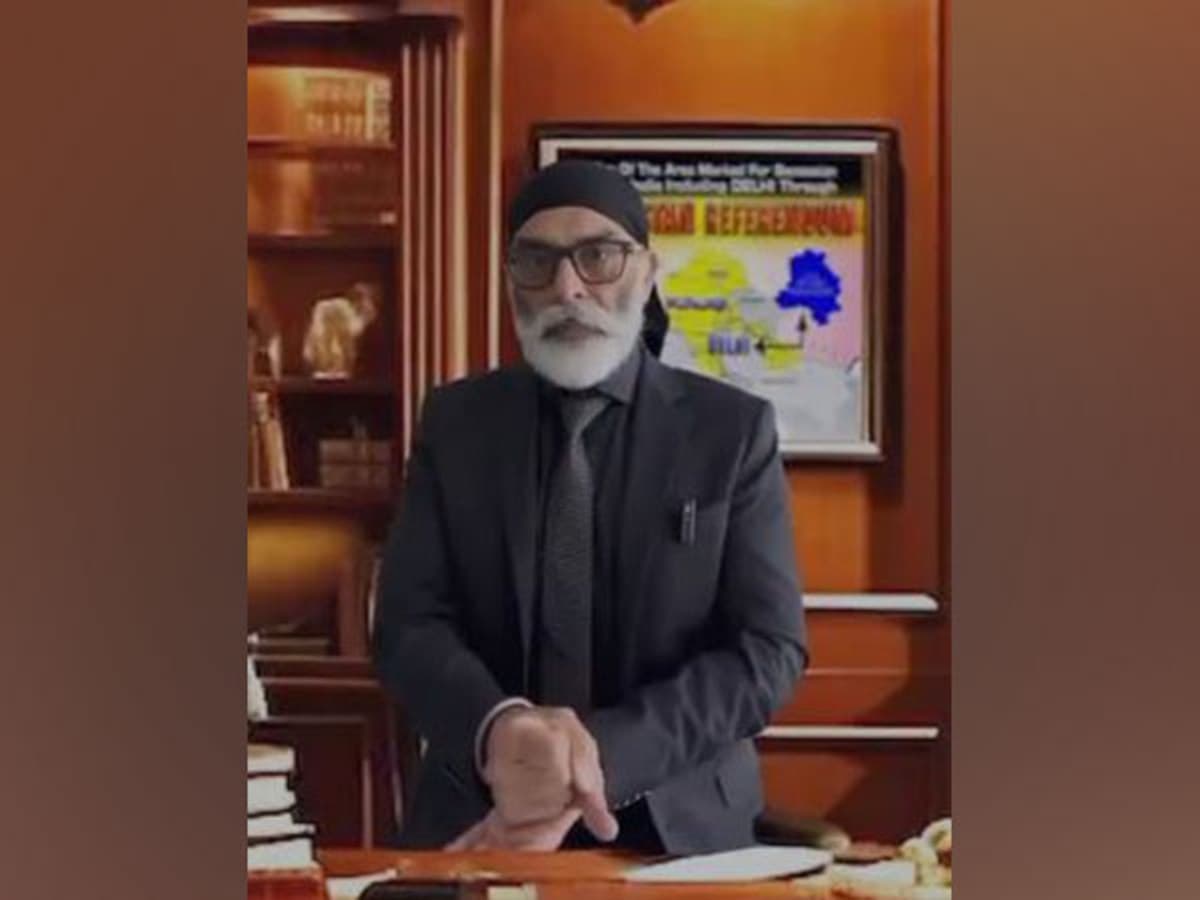
New York: Nikhil Gupta, the Indian national accused in an alleged murder-for-hire plot, has appeared for the first time before the trial judge as lawyers laid out the preliminary steps.
Federal Senior Judge Victor Marrero set the next court date for September 13 during the brief hearing on Friday at which he ordered the prosecution to share the evidence it had with the defence.
At the September court date by which the defence would have had an opportunity to go through the government evidence to prepare its case, further trial proceedings will be determined.
Wearing khaki shirt and pants, Gupta was escorted in by US Marshals and sat at the defence table where he conferred with his lawyer Jeffrey Chabrowe before the proceedings began.
He had been arrested in the Czech Republic last June at the request of the US and was extradited and brought to New York on June 14.
He was produced on June 17 before Magistrate Judge James Cott, who ordered him held without bail.
One of the prosecutors in the case, Assistant District Attorney Camille Latoya Fletcher, outlined on Friday the trial judge the government’s case against Gupta.
She reiterated the allegations that he participated in a plot with an Indian government employee against a US citizen of Indian origin, both of whom she did not identify.
The alleged intended victim is reported to be Gurpatwant Singh Pannun, a lawyer with US and Canadian citizenships, who lives in New York and leads the ‘Sikhs for Justice’ group which is the hub for the campaigns for Khalistan.
The Indian government has designated Pannun a terrorist.
Fletcher said that Gupta negotiated with a person he thought was a “hitman”, $100,000 as the price for the alleged assassination plot and arranged to give him an advance of $15,000 and the details to identify the alleged intended victim.
But the person he thought was a “hitman” was, in fact, a secret undercover agent, she said.
She added that the government evidence included the phone seized from Gupta, which had his interactions with the Indian government employee.
There were also electronic communications that had been seized as well as material from the Federal Bureau of Investigation (FBI) and the Drug Enforcement Agency, she said.
In addition, there were videos and audios of Gupta’s interactions with the “hitman”, she added.
Chabrowe requested an order of protection for Gupta, but did not ask for bail.
Marrero said that there would be an exclusion to the legal provisions for a speedy trial in order to allow the defence adequate time to prepare for the case.
That is routine as also his reiteration of the duties of the prosecution under US law to share all evidence and information it has with the defence, including those that can help the defence, and the penalties for not doing so.
The courtroom was packed with Sikhs, most of them white-bearded older men, while across the street from the courthouse, a group of Khalistanis held a protest holding their yellow flags.
Marrero, 82, holds the senior judge position that allows older judges to continue with a lower case load. (There is no mandatory retirement age for federal judges who can continue as long as they want in a regular role or in a senior status.)
He was nominated to the bench by former US President Bill Clinton in 1999 to fill the vacancy in the Southern District Court of New York when Sonia Sotomayor, now a Supreme Court Justice, was elevated that year to a federal appeals court.
In 2010, Marrero assumed the senior judge status.
Marrero has a broad international perspective as he did stints as a diplomat before becoming a judge working as the US Ambassador to the Organisation of American States and as one of the envoys to the United Nations.
A major verdict Marrero delivered concerned the Patriot Act, the post-9/11 anti-terrorism legislation.
His 2015 ruling limited the level of secrecy in the FBI’s surveillance operation.
More recently in 2019 and 2020, Marrero ruled against former US President Donald Trump’s appeals to block a demand by former local New York prosecutor Cyrus Vance to his accountants for his tax records.
The Supreme Court upheld the ruling when Trump made a further appeal.
